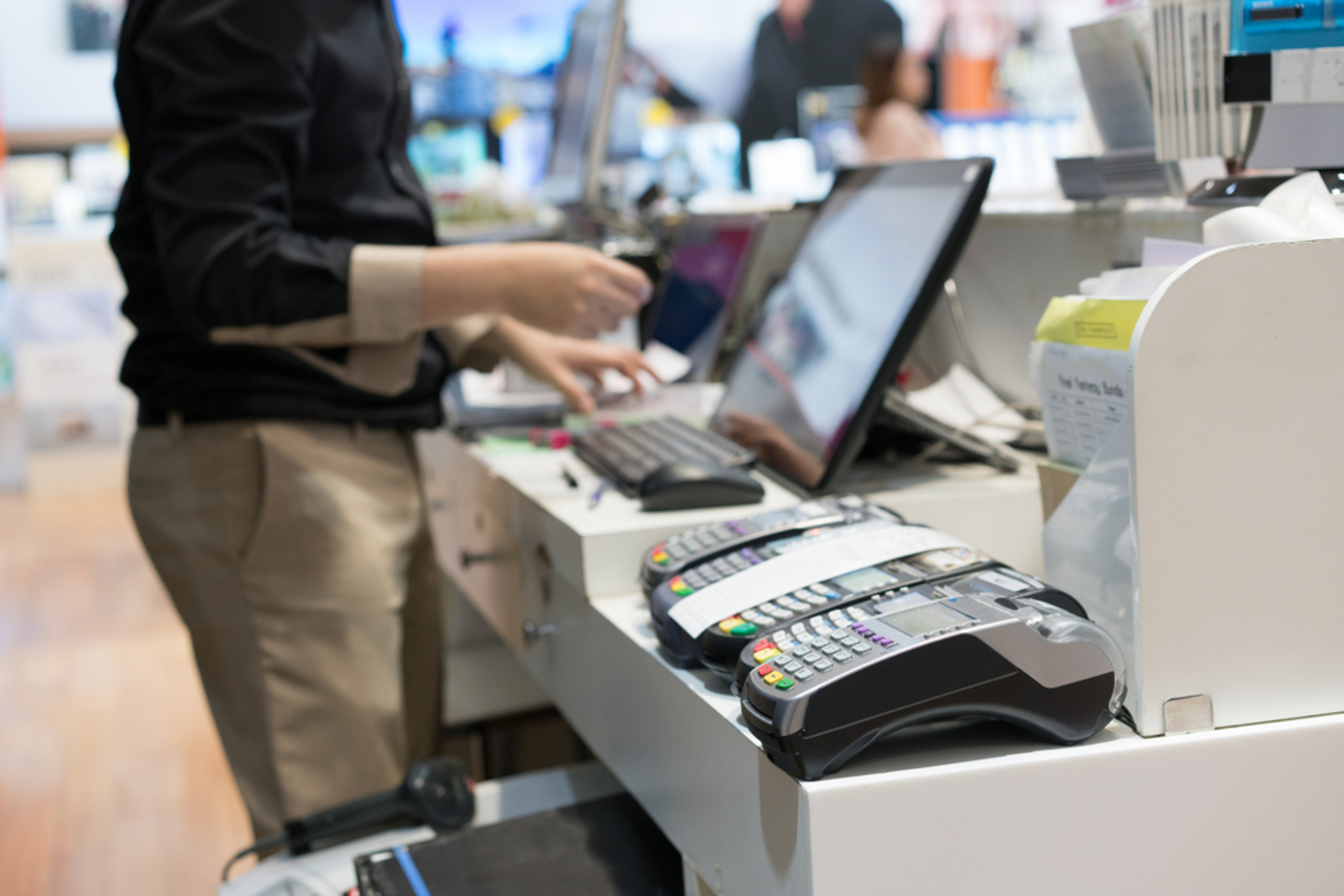How Cork's Market Hub was taken over by a €400m French labelling giant
Roy Horgan recently sold a majority stake in his four-year-old company.
CORK-BASED RETAIL startup Market Hub has had a long history with its new parent, digital price tag giant SES-Imagotag.
The €400 million French colossus – which provides electronic shelf labeling systems to 10,000 stores worldwide – recently bought a majority stake in the Irish firm.
But it has been working with Market Hub’s CEO, Roy Horgan, for many years now.
Before Imagotag merged with SES, it was a customer of Horgan’s previous startup Solarprint, a company that made solar-powered panels that could be used to power digital price displays in supermarkets.
Horgan bowed out of Solarprint in 2013 – shortly before the firm went into voluntary liquidation – to focus on Market Hub, an analytics startup that gives real-time information to supermarkets on how their products are selling and when they should be discounting.
“When we pitched the idea of Market Hub to Imagotag, they loved it,” Horgan tells Fora. ”They invested alongside myself and some private investors who seeded the company.”
Among that group of investors was retail veteran Tony Keohane, the former chief executive and chairman of Tesco Ireland. A year after the funding round, Imagotag was acquired by French firm SES.
“When a deal like that happens, we may not have been deemed as strategic,” Horgan says. “Luckily enough the chairman and CEO of that group, a guy called Thierry Gadou, loved what we were doing.”
The newly minted SES-Imagotag group invested €500,000 in Market Hub last year before offering to take a majority stake in the company for an undisclosed sum. That deal closed only a few weeks ago.
“That’s typically the way with corporates,” Horgan says. “It doesn’t happen quickly.”
 Market Hub CEO Roy Horgan
Market Hub CEO Roy Horgan
Background
Although he has a background in finance, Horgan is familiar with the retail trade through his family, the owners of Horgan’s Delicatessen Supplies in Cork.
The idea behind Market Hub’s technology was to apply pricing techniques used by online retailers to brick-and-mortar businesses in the hope of reducing waste and discounting products only when necessary.
“A lot of companies were taking a short-term decision (about discounting) and looking over the wall at what their neighbours were doing,” Horgan says.
“We started to look at how we could use pricing displays and actually give some insights into trading analysis and waste analysis.
“What we try to do is figure out what the right demand is on a given day. You don’t want to be consistently discounting.”
Market Hub’s technology plugs in to a supermarket’s point-of-sale system. It monitors how various items are selling and analyses when prices should be cut if a certain product is under-performing.
The technology has been rolled out to 100 stores in the US, UK, Ireland, France and Taiwan.
In Ireland, the technology is used by BWG group, the company behind convenience store brands Spar, Mace and Londis.
There are currently 10 people on Market Hub’s books, with most staff based in the Rubicon Centre, Cork. Horgan and a small sales team are housed in London.
At the moment, the company is working on a new product called the ‘self-learning bakery’, which will be rolled out to Europe, Taiwan and the UK later this year. It was already launched in the US in January.
“It’s a bakery that looks at demand,” Horgan says. “It looks at when you’re selling out a product or when you have too much waste. Then we can change the prices in store. We can discount heavily if we have to to move stock.”
Horgan says it’s “very, very early days” for Market Hub in terms of what the larger company will do for the young startup, but he is confident he has made the right decision.
“I think people are incorrectly formulaic in terms of building a startup,” he says.
“They spend this constant journey raising money. It’s better to just try and focus on sales and good technology and investing in the right way. Sales are the cheapest form of equity.
“I’ve been that other guy, constantly raising money. You can become very good at it but sales suffer.
“A corporate will absolutely try to focus growing their business. They don’t have time to waste.”







